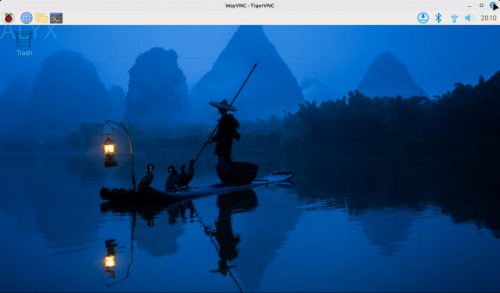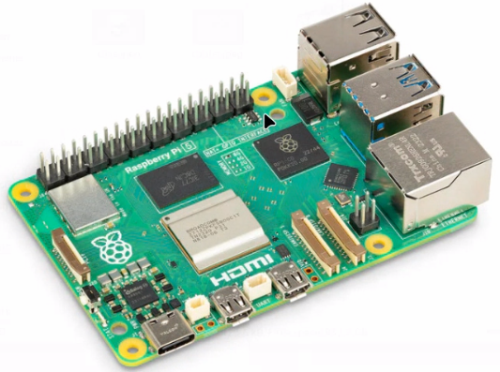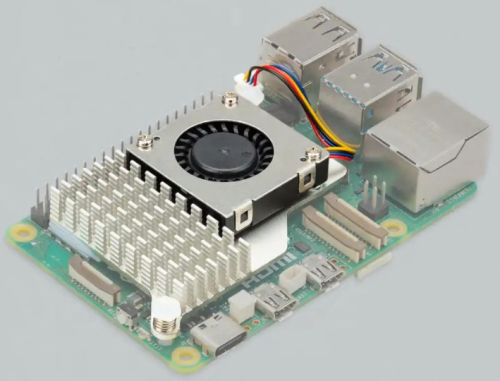December 12 2023 darktable, Raspberry Pi 5, Pi Zero, package managers, macros
For the first of our new style online meetings, Bernie, Darren and John started on Discord while Steve and Mike started on Calyx meet before we all moved to Calyx meet where we were joined by David and John W.
Mike has had a problem with sound disappearing; John suggested that he use PulseAudio to diagnose which sound sources are recognised and whether any have been muted. Mike has also had a problem with darktable and has been told he needs to get a coredump. But for that he needs the devel files and to compile darktable with -g set. Steve looked up the source on github which provides all the information about how to build darktable.
John wondered whether he could do what he wants with digiKam as it is build on darktable; however David commented that digiKam is bloated.
David mentioned his surprise at being name checked in Linux Magazine over slackrepo.
Bernie demonstrated the Raspberry Pi 5 which he had bought from the Raspberry Pi Store in the Victoria Centre, Leeds, showing the home screen through TigerVNC.

He commented that 5amps is needed to use USB ports but in practice the power supply negotiates the amperage. David commented that his Pi 4 has four USBs running on it. Bernie added that it can run two cameras.

You do not need to buy a fan and the fan only comes on when you need it. Steve added that the cooler fan is totally silent.

Bernie said that it needs a reasonably fast SD card; the specs include an 8GB option and the documentation recommends using a rechargeable battery. David asked about the CPU and Bernie said it was about twice as fast as in the Pi 4. Steve noted that the Pi 5 supports AES. David said that he understood that H265 was not present and Bernie said that video handling was being done in software rather than in hardware.
Bernie noted that the Raspberry Pi Zero is back in stock.
Steve shared an example of using the Pi Zero and MQTT which he had originally been inspired to investigate by Brian’s 2016 presentation on Node-RED and MQTT.

There was a discussion of Snaps which Ubuntu installs rather than downloading the program from a repo.
David commented that AppImages work like a charm; though all the libraries are linked to a particular version of Ubuntu, they work nearly always and, when they don’t, it’s fixed within a couple of weeks.
Steve commented that he is running Ubuntu 22.04 LTS which he finds very stable.
Darren reported that his microphone had stopped working after he had tried to adjust it with Alsa.
He is going to the York CoderDojo where he uses D; it takes a long time to compile but runs very fast. However, macros are very difficult to introduce. This led into a discussion of macros; Steve said that he did not like the C macros while David commented that macros were a stupid idea in a high level language; they were a bad idea 49 years ago and are a bad idea now. Darren defended the use of macros but David said that you cannot use macros in other contexts. Macros may be useful for doing functions in a scripting system but they should not be used for type definitions.
Darren commented that he found Java easier to use than Python; he likes D for much the same reason.
Past Meetings